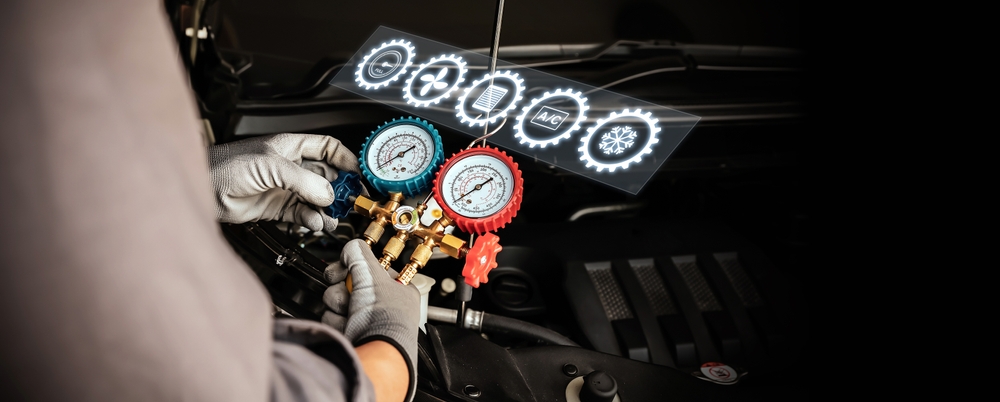Unveiling the Intricacies of Engine Cooling Systems: An Insight into their Evolution, Functionality, and Future
Imagine this: You're cruising down the highway on a hot summer day, your vehicle effortlessly adapting to the road's demands. Underneath the hood, a complex dance is playing out — one that's vital to your car's performance and longevity. This dance is the function of the engine cooling system, a technology that's evolved over the years yet remains crucial in today's automotive world. Here's a fascinating deep dive into this essential automotive component.

The Genesis and Evolution of Engine Cooling Systems
The engine cooling system’s history dates back to the early days of the automotive industry. The initial cars had air-cooled engines, relying on the flow of air over the engine’s exterior to dissipate heat. However, as engines became more powerful and complex, the demand for more efficient cooling systems grew. This led to the introduction of liquid-cooled systems, which use coolants to absorb and transfer heat away from the engine.
The Intricacies of Modern Engine Cooling Systems
A modern engine cooling system is a marvel of mechanical engineering. It comprises several components, including the radiator, water pump, thermostat, and coolant, all working together to maintain the engine’s optimal operating temperature. The water pump circulates the coolant, which absorbs heat from the engine. This heated coolant is then cooled in the radiator before being recirculated. Meanwhile, the thermostat controls the coolant’s flow rate, ensuring the engine doesn’t overheat or run too cool.
Trends Shaping the Future of Engine Cooling Systems
As the automotive industry advances, engine cooling systems aren’t being left behind. One prominent trend is the shift towards smaller, lighter, and more efficient components. For instance, manufacturers are exploring the use of advanced materials and innovative designs for radiators to improve cooling efficiency while reducing weight. There’s also an increased focus on integrating cooling systems with other vehicle systems for better fuel efficiency and performance.
The Impact of Advanced Engine Cooling Systems
The benefits of advanced engine cooling systems are manifold. Improved cooling efficiency translates into enhanced engine performance and longevity. By maintaining the optimal engine temperature, these systems help reduce wear and tear, thereby extending the engine’s life. Additionally, better heat management can lead to increased fuel efficiency - a key consideration in today’s environmentally-conscious world.
The Challenges and Solutions in Engine Cooling System Development
Despite the advancements, developing efficient engine cooling systems isn’t without challenges. Designing compact yet effective components, dealing with varying operating conditions, and balancing cost and performance are some of the issues engineers face. However, through continuous research and technological innovation, manufacturers are finding solutions to these challenges, ensuring the engine cooling systems continue to evolve and improve.
Conclusion
Engine cooling systems, while often overlooked, play a crucial role in a vehicle’s performance and longevity. Their evolution from simple air-cooled systems to the complex liquid-cooled systems of today is a testament to the relentless pursuit of efficiency and improvement in the automotive industry. As this journey continues, one can only anticipate the innovations that the future holds for these vital automotive components.




